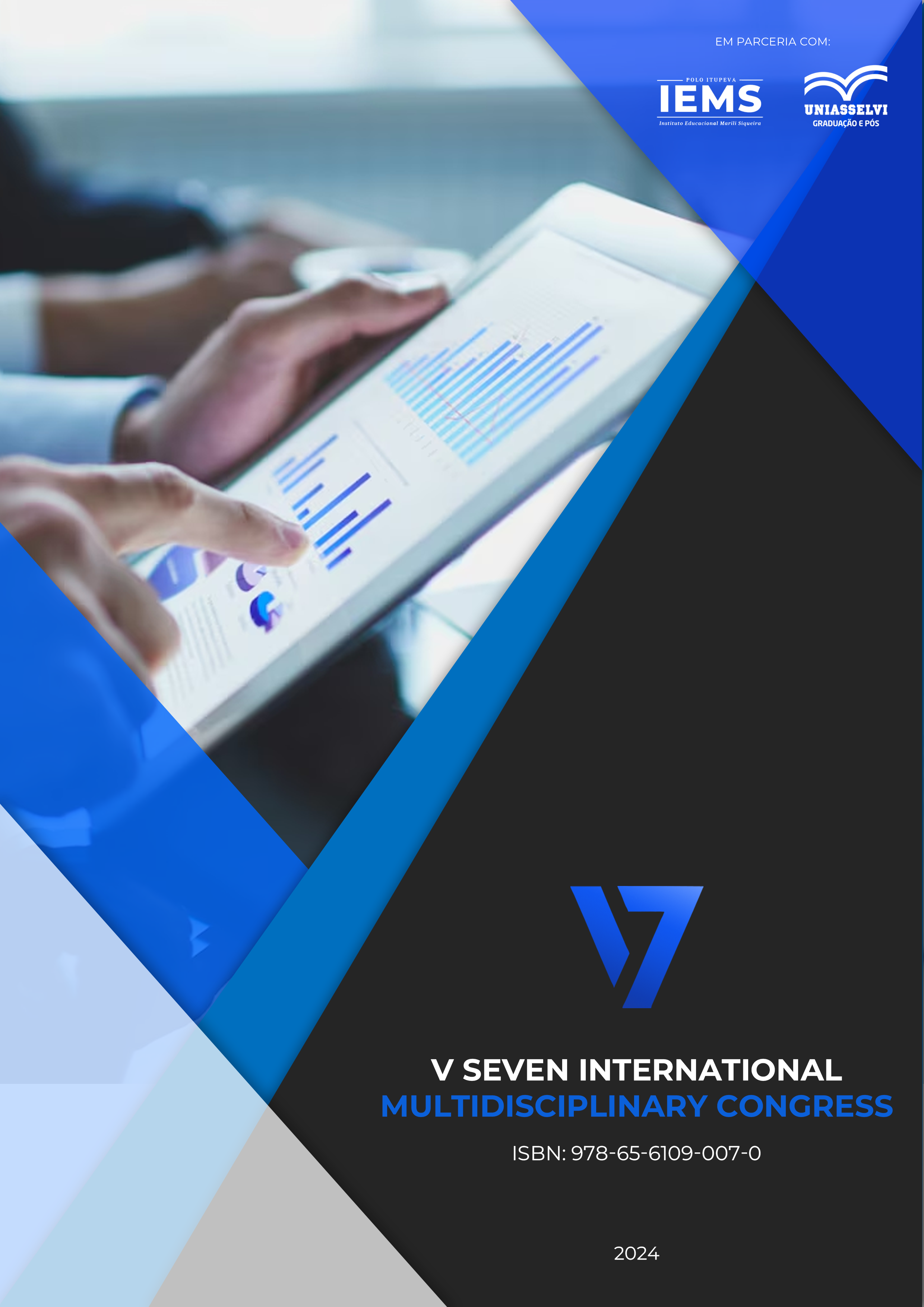Changing the culture of risk prevention in a city in Rio de Janeiro, through the Apell Process
Keywords:
APELL Process, Duque de Caxias, Volunteers.Abstract
The Alert and Preparedness of Communities for Local Emergencies Process, which was created from a resolution of the United Nations Environment Programme, in 1987, with the purpose of acting in situations of aggravated emergency, has as its main guideline the alert to the community about the possible risks existing in the manufacture, handling and use of hazardous materials. In Duque de Caxias, the Process for Alert and Preparation of Communities for Local Emergencies has been headquartered in the neighborhood of Campos Elíseos since 1999, where it carries out the interaction between the companies linked to the Petrochemical Complex with the population that surrounds the Complex, raising awareness, through lectures about the risks of accidents and natural and technological disasters, recommended in Ordinance 260/2022 of the Ministry of Regional Development, pointing out its threats, leading to the understanding of vulnerability and also encouraging the training and qualification of volunteers. Thus, Community Centers for Civil Protection and Defense are formed, which function as community leaders, which support the Municipal Coordination of Protection and Civil Defense, which carry out work with a direct impact on the minimization of damage and on the culture of risk prevention to the population. The research proposed here aims to stimulate reflection on the performance of the Process in the municipality of Duque de Caxias in Rio de Janeiro, Brazil, through a qualitative and exploratory methodology, where professional actors, from the large area of protection and civil defense, will be directly participating in the creation and qualification of the Community Centers for Protection and Civil Defense created in the surroundings and in the Municipality. the result of which will be the implementation of the precept of the National Policy for Civil Protection and Defense, with regard to the social participation of the community, in reducing its vulnerability, becoming stronger socio-environmentally and more resilient.


